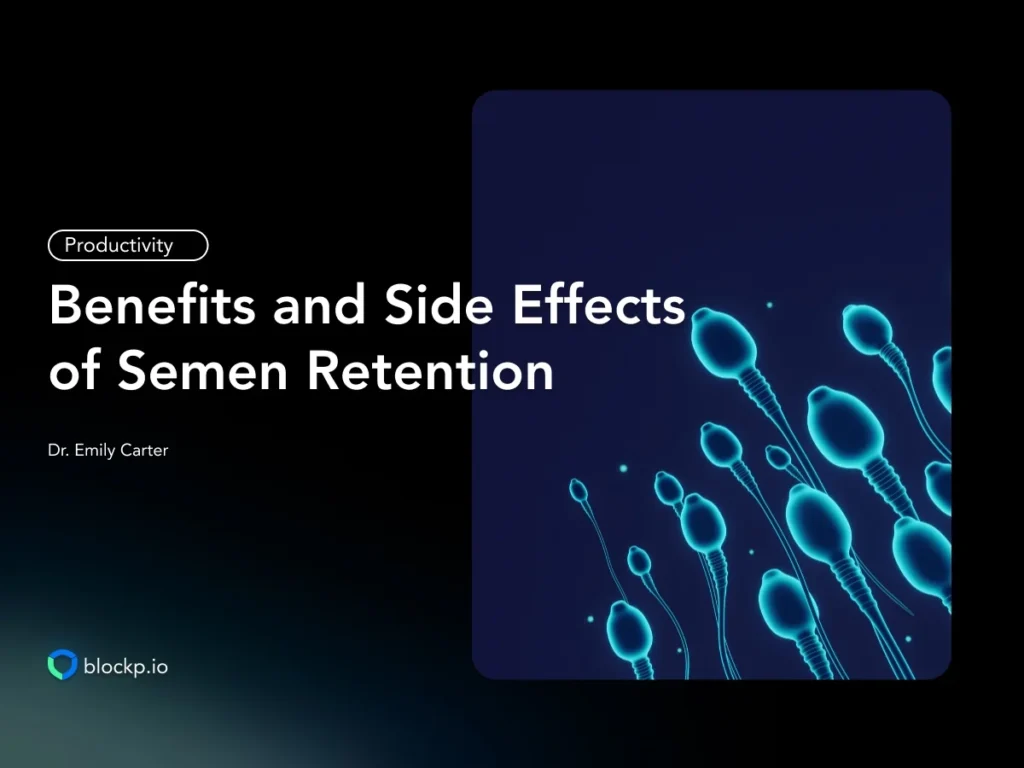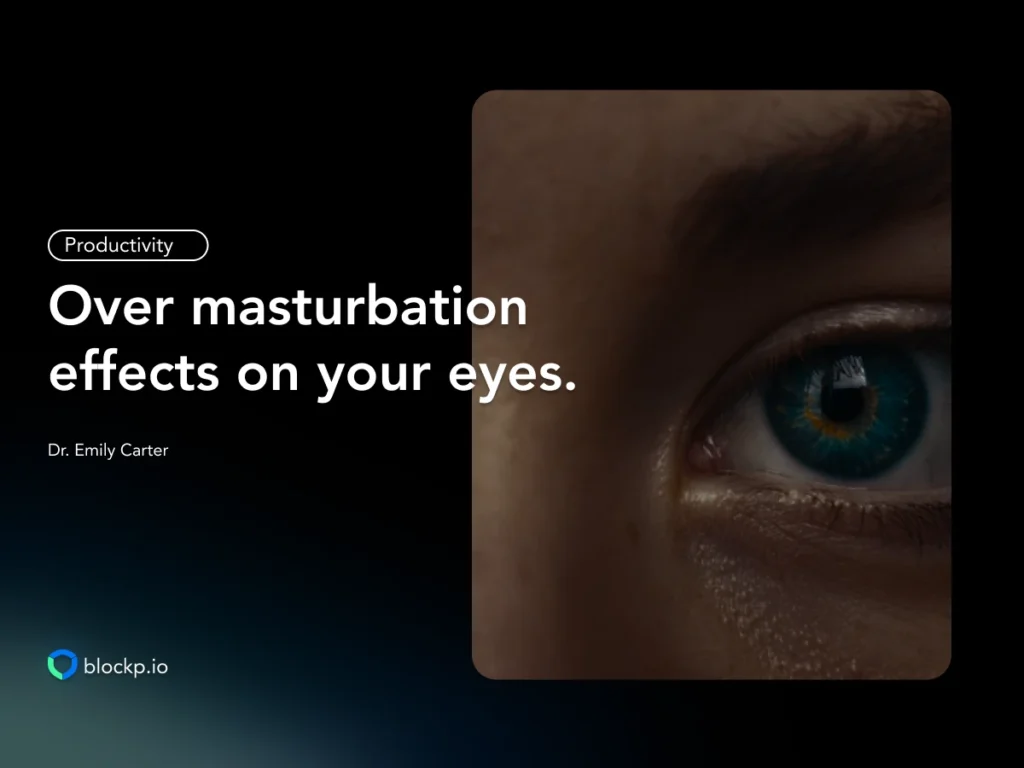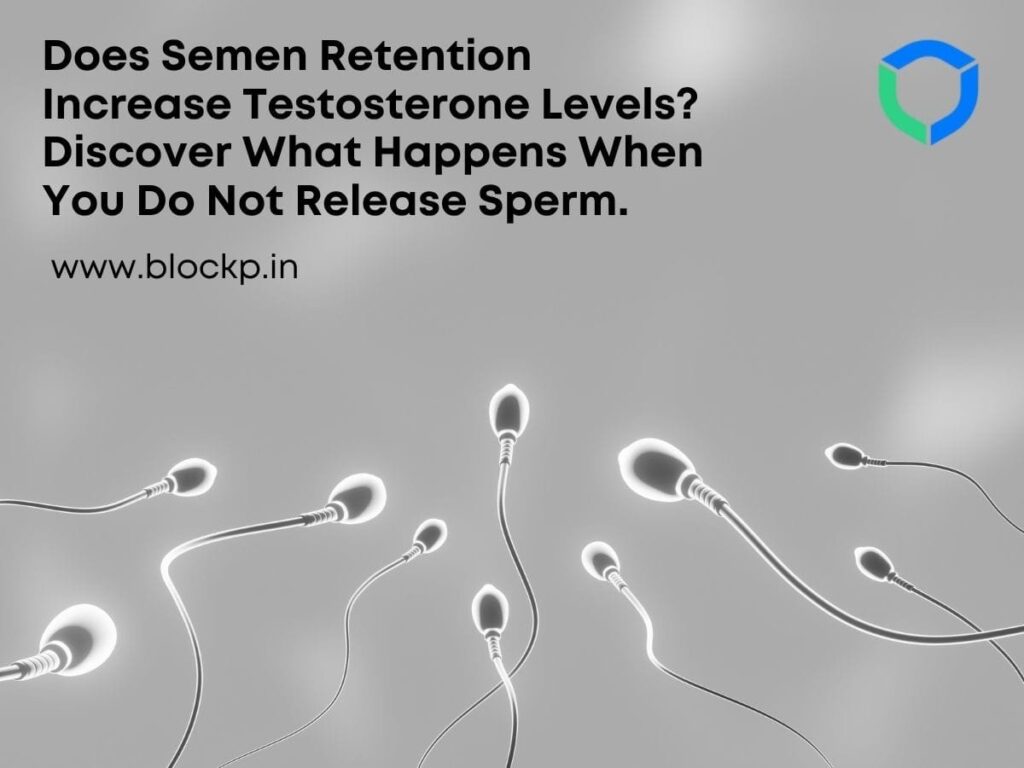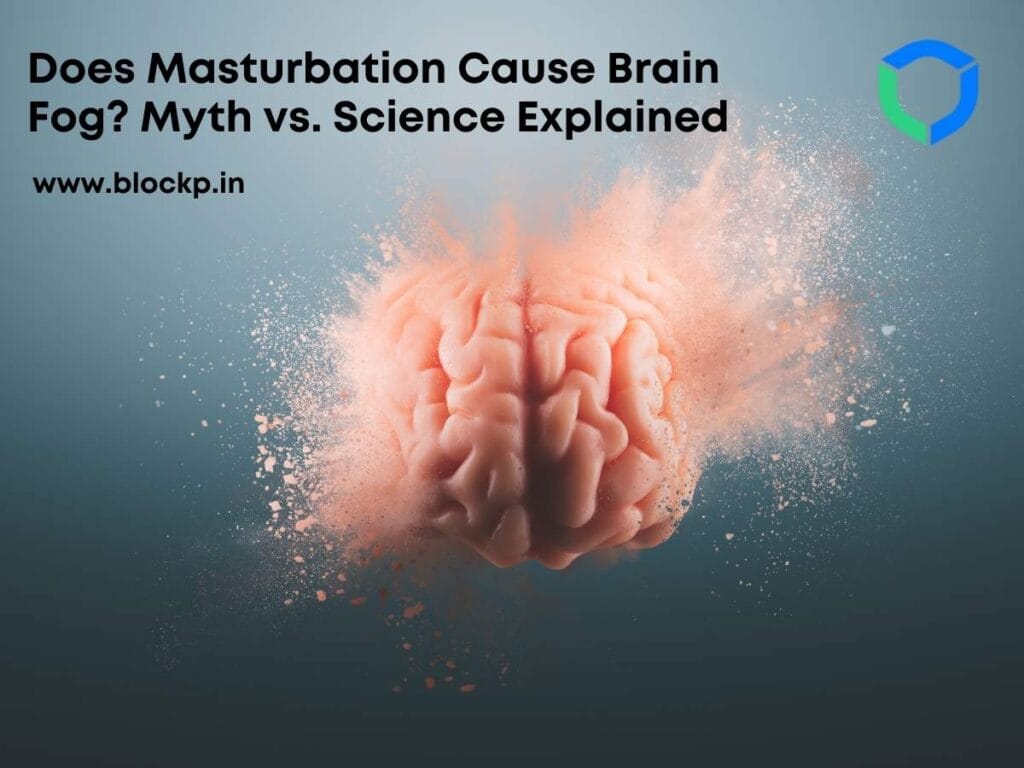Is Bed Humping the Same as Edging? Normal Behavior or a Sign of Addiction
Masturbation comes in many forms, and bed humping is one of the most common ones. But, it might not be as harmless as you think! Like any sexual habit, if bed humping becomes compulsive, it is a red signal. Similarly, if your bed-humping habits disturb your partner, then it creates relationship stress. In rare cases where bed humping results from a medical condition, there might also be legal consequences. What is Humping the Bed? Bed humping is a specific type of dry humping where a person presses and moves their pelvic area against the mattress, pillows, or blankets for self-stimulation. During bed humping, the person is usually clothed and can be alone or with a partner. It is just another form of masturbation with arousal and orgasm, where the bed provides the friction necessary for sexual pleasure. Why do people develop the habit of bed humping? 1. Normal sexual self-stimulation Rubbing against the bed or pillow is a common form of masturbation. Even adolescents and teens often explore by touching or rubbing their body parts. 2. Habit, stress relief, and conditioning People can unconsciously develop the habit of bed humping to deal with boredom, stress, or difficulty with falling asleep. 3. Sleep-related parasomnia (sexsomnia) In rare cases, a person might hump the bed while asleep without awareness. It’s a period of brief arousal during deep sleep. Is Humping the Bed Normal? How common is it? “I hate to admit this, but I’m only 14 and really need help. I started dry humping my mattress when I was about 10, and still do.” – A Reddit user. Yes. Bed humping is a common and normal masturbation practice. While specific data on bed humping is scarce, we can examine the general masturbation rates to understand how common it is. Dry humping, i.e., using a pillow or bed humping is a common masturbation practice. So, it is safe to assume that a significant section of teens and adults have at least occasionally used bed humping. Is Humping the Bed Considered Masturbation or Edging? Many people wonder: Is humping my bed masturbation or edging? Here is the answer – Bed humping is how you masturbate, whereas edging is a strategy during masturbation. What Is the Difference Between Bed humping, Dry Humping, Masturbation, and Sex? 1. Dry humping Rubbing or grinding the genitals against an object or another clothed person. It is also called an outercourse. 2. Masturbation Self-stimulation of the genitals for sexual arousal and orgasm. It can be done with hands, sex toys, or by humping the bed. 3. Sex Involves penetration and is generally done with a partner. 4. Bed humping Involves both dry humping and masturbation, but is not considered sex. Is Humping the Bed Harmful? Generally, humping on the bed or humping the bed is not a physically harmful activity. However, as it is a form of sexual activity, if the habit of humping the bed becomes compulsive or uncontrollable, then it is a point of concern. What Are Myths and Misconceptions About Dry Humping? Here are the most common myths about dry humping or humping the bed How to Stop Humping the Bed (If You Want To) Humping on the bed seems casual, but people do struggle to quit the bed humping habit and try all sorts of strategies. A Reddit user advised to “Firstly, never sleep on your stomach, because then you’re lying there in the perfect position anyway. Second, I found something else to occupy my mind until I drifted off.” If you are feeling “I should stop humping my bed,” here are the steps that will help – How can BlockP help? Porn or unexpectedly coming across an explicit image on social media can trigger the urge for humping the bed. Using a porn blocker like BlockP keeps you safe online by blocking all porn and nudity on your phone and laptop.










